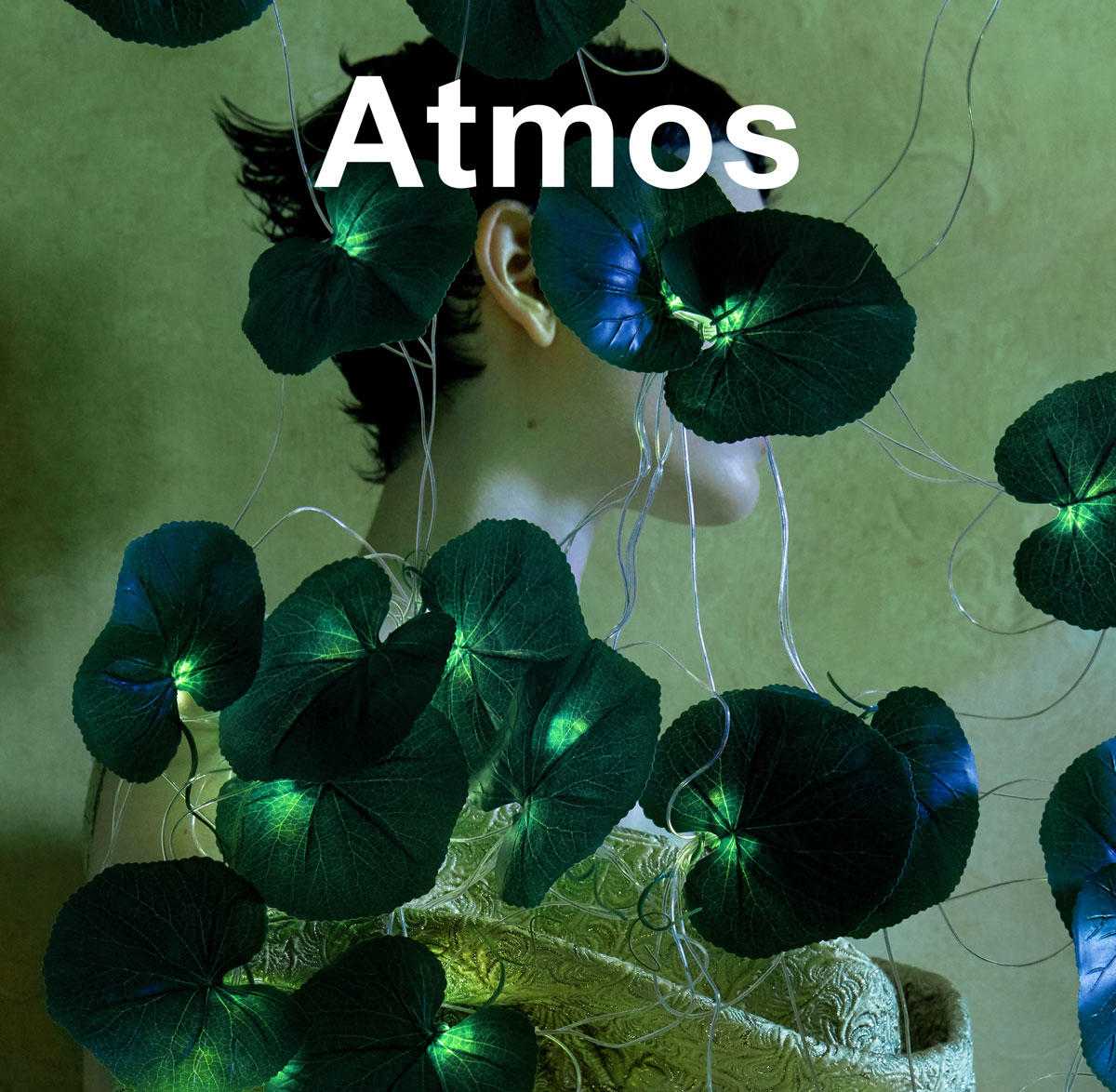
Sustainability seems to be the word on everyone’s lips at the moment, whether it’s the intense media coverage of Extinction Rebellion’s recent protests, or the hoards of retailers and other brands committing (or at least appearing to commit) to going green.
In mag land, National Geographic is dominating the mainstream market when it comes to the sustainability debate. Its powerful Planet or Plastic? campaign raising awareness about single-use plastics is one of the winners in CR’s 2019 Annual, and its rep for showcasing stunning images of the natural world has earned it one billion followers on Instagram – making it the first brand to do so.
While a number of indie mags are also addressing the sustainability question, so far they have tended to focus on the practicalities of going green. A good example of this is Ethos, a quarterly title which profiles independent, sustainably minded businesses, and is now on its ninth issue.
Newly launched biannual magazine Atmos is taking an altogether different approach, looking at climate change through a cultural lens. It was founded by Jake Sargent, a Monocle alumni and co-creator of Softmatter, a venture fund which invests in brands with a focus on innovation in sustainability. Meanwhile, William Defebaugh (previously at GQ) is heading up the mag’s editorial team as Editor-in-Chief.
Atmos is clearly a result of frustration with the system as it stands. Defebaugh and Sargent both spent a numbers of years working in the fashion world, leaving them disillusioned about the sheer amount of waste the industry is responsible for. After being introduced by a mutual friend, Defebaugh says it became apparent that the two of them shared the same vision straight away.
“Atmos was born out of a desire to reshape how we think about climate. Specifically, we wanted to remind people that climate and culture are inseparable – that we as human beings are inseparable from nature and our environment…. That distinction is so important because people will never feel mobilised to act on an issue that they don’t feel personally connected to. Our goal is to make climate a personal issue, through the lens of culture and dynamic storytelling,” Defebaugh adds.
The mag’s debut issue is based on the theme of ‘neo-natural’, and is intended to be an exploration of how nature, and our role in it, continues to evolve. “I have always been fascinated by language as a driving force for the evolution of thought. At a certain point in time, we began to define ‘natural’ as being not made by man. Why? This definition inherently implies that we are separate. So we took it a step further with ‘neo-natural’, asking how we can come up with a new definition of what’s natural – whether that’s bio-engineered spider silk or a genetically modified human being,” says Defebaugh.
The issue also includes an interview with Yoko Ono about her most recent album, in which she describes the planet as being at a “turning point of eternity”; a photo story about a group of women scientists who are defying science’s age-old gender stereotypes and pioneering research around ‘clean meat’; and a feature about the biological materials that are shaping the future of fashion design.
Atmos’ design is led by New York-based Studio 191, which also works on the art direction for AnOther Magazine and i-D. The first issue has the miminal aesthetic and high production values of your archetypal high fashion mag, but combined with stunning photography commissions that you’d be more likely to find in the likes of Nat Geo.
In one feature, the team commissioned photographer Ryan McGinley to take intimate portraits of people exposed in their natural element, alongside a personal statement about what the word ‘natural’ means to him. “I think it really changes expectations for what you would expect when you think of a magazine about the environment, which is often so purely documentarian or scientific. Studio 191 has brought an artful eye to the subject,” says Defebaugh.
As well putting an art and design spin on arguably the most serious issue of our times, Defebaugh says he hopes that Atmos will continue to make creatives question their own role in the future of the planet. “If we can truly get the leaders of these industries to make a statement and make a difference, that’s how real change is going to be made.”
Atmos Volume 01 is available online and newsstands worldwide; atmos.earth